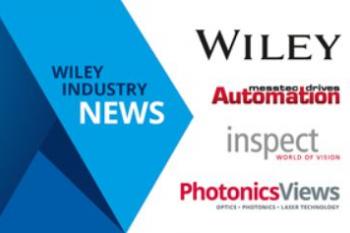SPIE Photonics West
The world’s premier event for lasers, biomedical optics and biophotonic technologies, quantum, and optoelectronics
In 2025, the week has included 4,500-plus technical presentations across more than one hundred technical conferences, as well as showcasing more than 1,200 companies in four focused exhibitions. Networking and new products complement the broad technical program and four exhibitions on optics and photonics.
SPIE Photonics West has four major application areas: BiOS highlights new research in biophotonics, biomedical optics, and imaging for diagnostics and therapeutics, LASE focuses on the laser industry and its diverse applications, OPTO covers optoelectronics, photonic materials, and optical devices, and Quantum West features quantum 2.0 technologies from quantum sensing and information systems to quantum-enabled materials and devices and quantum biology. Quantum West also includes a business summit highlighting the innovations that are moving quantum technologies to market.
Registration for Photonics West covers access to the co-located, three-day AR|VR|MR conference, which focuses on augmented, virtual, and mixed reality and the vital role that optics and photonics play in hardware and headset development.
In 2026, SPIE is adding VisionTech, a new exhibit and technical program that will showcase the photonics technologies enabling the imaging and vision markets.






